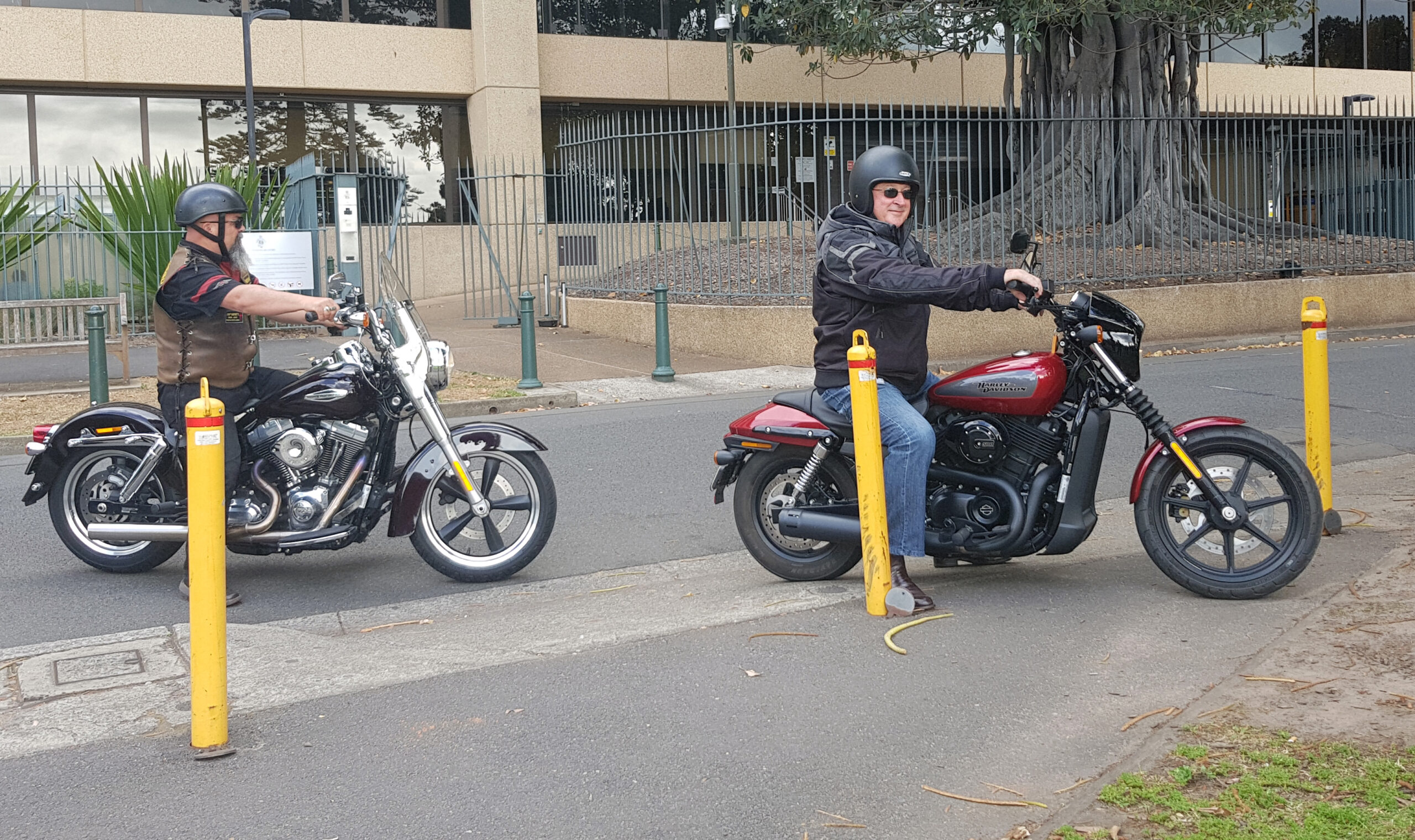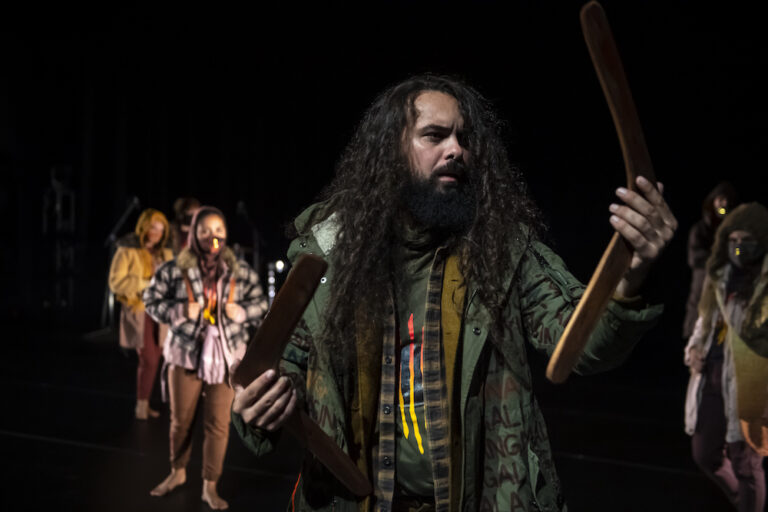

BY ANITA SENARATNA
At first glance, politicians and bikers seem like unlikely breakfast buddies. But for the past three years, NSW politicians and the Motorcycle Council of NSW have been holding the Hungry Bikers’ Breakfast in October as part of Motorcycle Awareness Month, which aims to raise awareness around safety issues facing motorcyclists, and dispel some of the negative ‘bikie’ stereotypes.
Some of this year’s guests included NSW Minister for Health and Medical Research Brad Hazzard, and members of the Brotherhood Christian Motorcycle Club (CMC).
“We certainly feel that the role we play is a very important role,” said Steve Pearce, Treasurer of the Motorcycle Council.
“We represent around 40,000 motorcyclists across NSW and they have to have a voice. It’s very hard these days. Lobby groups are always talking to governments about their views on things. We find that working with the government is very effective, they listen to what we have to say and they always call us in when they need an opinion.”
The group is mainly concerned with issues relating to how motorcyclists interact with other vehicles on the road. One area they are currently consulting with the government on is the impact of driverless cars in the future.
The Hungry Bikers’ event is an initiative started by Greg Hirst, a founding member of the Brotherhood CMC. Mr. Hirst was known for being a fierce advocate for motorcyclists and spent a large part of his life campaigning on their behalf for safer conditions on the road. He passed away on June 6 this year at the age of 64.
Grant Howard is a member of the Brotherhood CMC, a club based in Parramatta that aims to “integrate Christian faith with motorcycling.” The club, which has been running for around 36 years, is heavily involved with charity work in their community, contrary to the popular stereotypes of bikers as criminals. Mr. Howard says people would be surprised how many motorcyclists don’t fit this stereotype.
“People who are involved in riding are involved in all sorts of different things – doctors, police, the fire brigade… my wife rides, and our kids have been involved in the community since they were old enough to touch the pegs on our motorbikes. One guy I know in a patch club has an Order of Australia medal,” he said.
Patch clubs, or ‘one percent clubs’, are the clubs that tend to appear most often in the headlines, identifiable by their jackets adorned with club insignia or patches that simply say ‘1%’. The term dates back to the 1950s, when the American Motorcycle Association issued a statement claiming that 99% of the riders they represented were law-abiding citizens – the implication being that the other 1% were criminals and outlaws, which ‘rebel’ bikers embrace.
But as the term would suggest, these riders are by no means the majority among motorcyclists.
Mr Howard said his club is “concerned” about the NSW Government’s anti-consorting laws and the impact they have on the club’s work in the community, particularly as there is no exemption for clergy under the laws – only direct family members and work colleagues.
The government passed the laws in 2012 as an amendment to the Crimes Act with the intention of disrupting organised crime and violence between outlaw motorcycle gangs. The laws mean that if a person is seen with two or more convicted offenders on at least two separate occasions, police must warn them about the offenders’ criminal records. If they are seen in their company again, they can be charged with habitual consorting, which has a maximum penalty of three years in jail.
Since 2012, police have issued over 8500 warnings across NSW and charged at least 54 people with consorting.
“There’s a lot of discretion in some of the powers. Basically the argument is that one percent clubs are crime organisations, and there’s quite a mixed view on that,” said Mr. Howard.
“In our case, we have contact with people from all sorts of different clubs, so I could quite easily find myself being warned about people that I associate with.”
While their organisation does not support criminal activity, they are concerned that the laws impact the way they can interact with people who need their help.
“These are really quite serious laws when you’re talking about being able to enter people’s homes, to be able to associate with other people. It’s working towards terrorist-type legislation in terms of its powers.
“We’re saying, as a club, let’s target behaviour, let’s not target who I associate with.”
Mr. Howard says his club is far from the only one in Sydney that does charity work, and they would all be affected by these laws.
“There are a number of motorcycle clubs that run annual charity events. Often people associate clubs with negatives but a lot of clubs, including patch clubs, do a lot of services and support for young people, the homeless, and hospitals, and those tend not to give a balanced view of people who are involved in motorcycling.”
Mr. Pearce admits that although the Motorcycle Council isn’t actively campaigning against the laws, they do “share the Brotherhood’s concerns” about the impact they could have on their members’ lives. But he says events like the Hungry Bikers’ breakfast are about building positive relationships with the government to work with them on important issues, rather than against them.
“It’s just a way of us reaching out to government and to members of parliament and just letting them know we appreciate the partnership we work in with them. We don’t always agree on things, but mostly we try to come to agreements with them on issues affecting motorcyclists,” he said.
“We want to celebrate motorcycling because we all enjoy the time we spend riding and the associations we have with people. This year is quite significant because of Greg Hirst’s passing. He was a major driver of the event and of the Brotherhood. We’re really pleased to be able to continue Greg’s work.”









